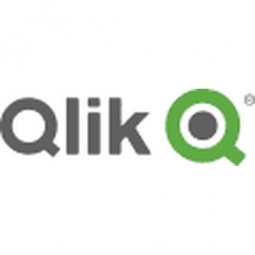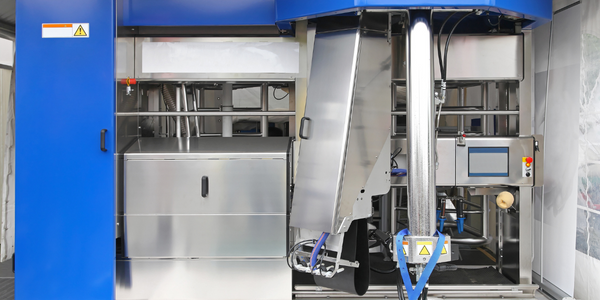Download PDF
Madrid Salud Opts for QlikView to Monitor Business Processes
Technology Category
- Analytics & Modeling - Real Time Analytics
Use Cases
- Process Control & Optimization
Services
- Data Science Services
The Challenge
Madrid Salud, an independent not-for-profit organisation within Madrid City Council, was in need of a business intelligence tool that would help them create a balanced scorecard and monitor the progress of departmental work. The organisation was dealing with all local authority responsibilities relating to public health and substance abuse. The department had a professional team of 1,306 staff, all fully committed to making Madrid a healthier city. Its mission was health promotion and disease prevention through comprehensive treatment of people suffering from addictions. The mandate included encouraging wellbeing, food safety, improvements in environmental health, and sustainable integration of animals in the city. The department was also responsible for managing the council’s prevention of occupational hazards service and other autonomous bodies.
About The Customer
Madrid Salud is an independent not-for-profit organisation within the Security and Mobility Department of Madrid City Council. The organisation deals with all local authority responsibilities relating to public health and substance abuse. The Institute of Public Health and the Institute for Addiction are dependent on Madrid Salud. The department has a professional team of 1,306 staff, all fully committed to making Madrid a healthier city. Its mission is health promotion and disease prevention through comprehensive treatment of people suffering from addictions. The mandate includes encouraging wellbeing, food safety, improvements in environmental health, and sustainable integration of animals in the city. The department is also responsible for managing the council’s prevention of occupational hazards service and other autonomous bodies.
The Solution
Madrid Salud decided to deploy QlikView in its management and central services units. The QlikView implementation has helped managers to select, assess, and track strategic indicators, ensuring better structured data arrangement and easier access to information. Jesus Roldan, Head of the Assessment Section in the Technical Unit at Madrid Salud, stresses that one of the criteria for choosing QlikView was its agile and intuitive interface. “This can read information from almost any digital data source ranging from SAP to spreadsheets and database management systems,” he says. Roldan also highlights QlikView’s capacity to set and restrict information access levels and its capacity to publish data management files through the local network, the Web, and even mobile phone devices. “QlikView also provides us with place related data representation, adapted to most geographic information systems,” he says.
Operational Impact
Related Case Studies.

Case Study
System 800xA at Indian Cement Plants
Chettinad Cement recognized that further efficiencies could be achieved in its cement manufacturing process. It looked to investing in comprehensive operational and control technologies to manage and derive productivity and energy efficiency gains from the assets on Line 2, their second plant in India.

Case Study
Airbus Soars with Wearable Technology
Building an Airbus aircraft involves complex manufacturing processes consisting of thousands of moving parts. Speed and accuracy are critical to business and competitive advantage. Improvements in both would have high impact on Airbus’ bottom line. Airbus wanted to help operators reduce the complexity of assembling cabin seats and decrease the time required to complete this task.

Case Study
Improving Production Line Efficiency with Ethernet Micro RTU Controller
Moxa was asked to provide a connectivity solution for one of the world's leading cosmetics companies. This multinational corporation, with retail presence in 130 countries, 23 global braches, and over 66,000 employees, sought to improve the efficiency of their production process by migrating from manual monitoring to an automatic productivity monitoring system. The production line was being monitored by ABB Real-TPI, a factory information system that offers data collection and analysis to improve plant efficiency. Due to software limitations, the customer needed an OPC server and a corresponding I/O solution to collect data from additional sensor devices for the Real-TPI system. The goal is to enable the factory information system to more thoroughly collect data from every corner of the production line. This will improve its ability to measure Overall Equipment Effectiveness (OEE) and translate into increased production efficiencies. System Requirements • Instant status updates while still consuming minimal bandwidth to relieve strain on limited factory networks • Interoperable with ABB Real-TPI • Small form factor appropriate for deployment where space is scarce • Remote software management and configuration to simplify operations

Case Study
Developing Smart Tools for the Airbus Factory
Manufacturing and assembly of aircraft, which involves tens of thousands of steps that must be followed by the operators, and a single mistake in the process could cost hundreds of thousands of dollars to fix, makes the room for error very small.







